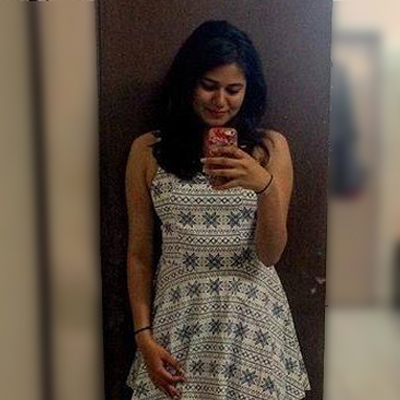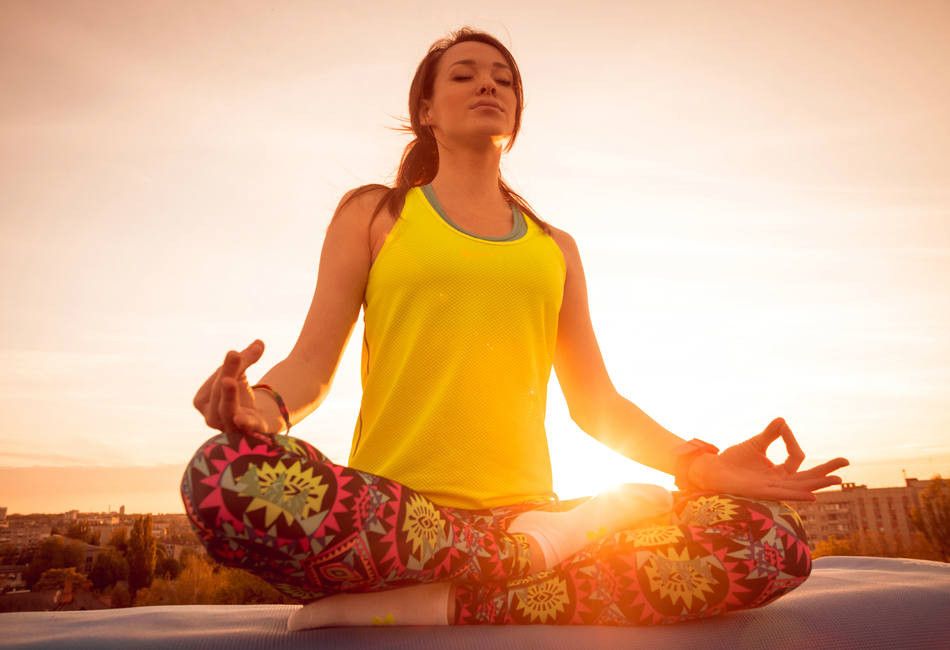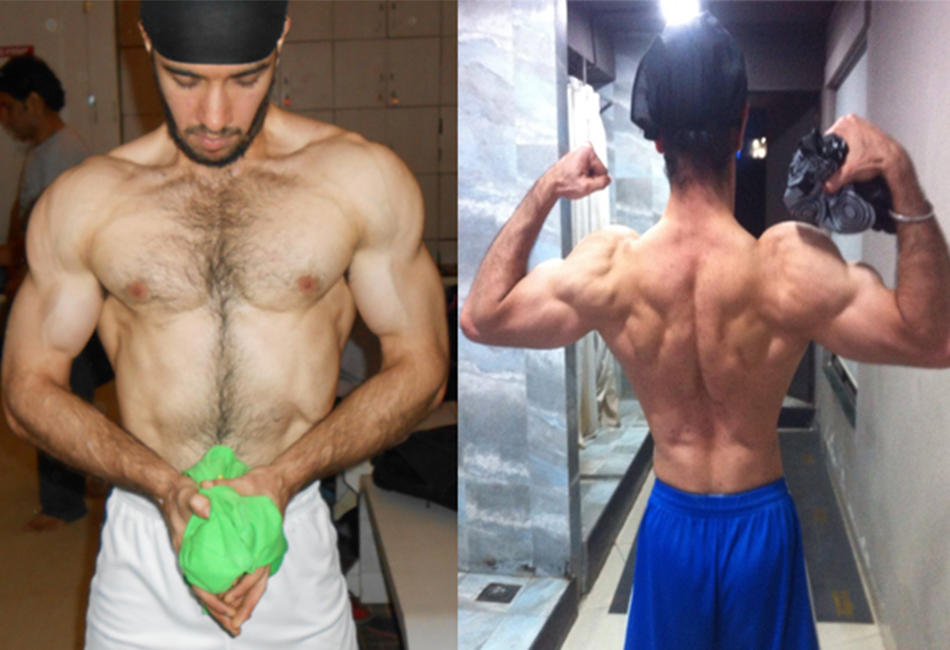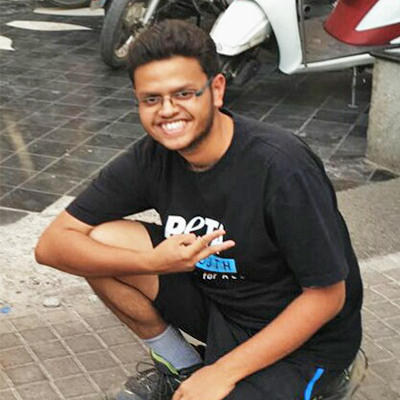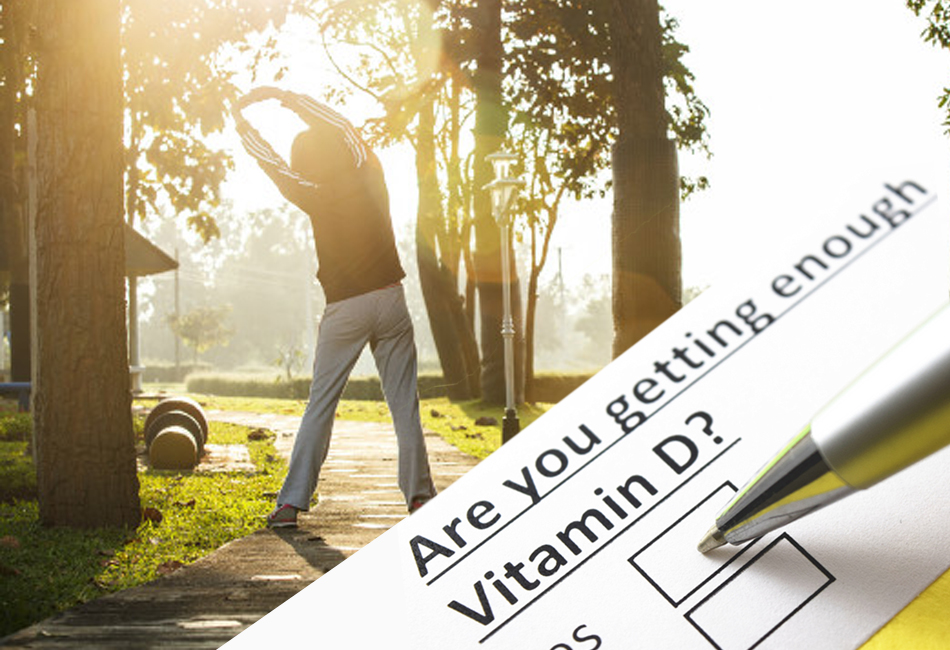Download Free Vegan Starter Kit -
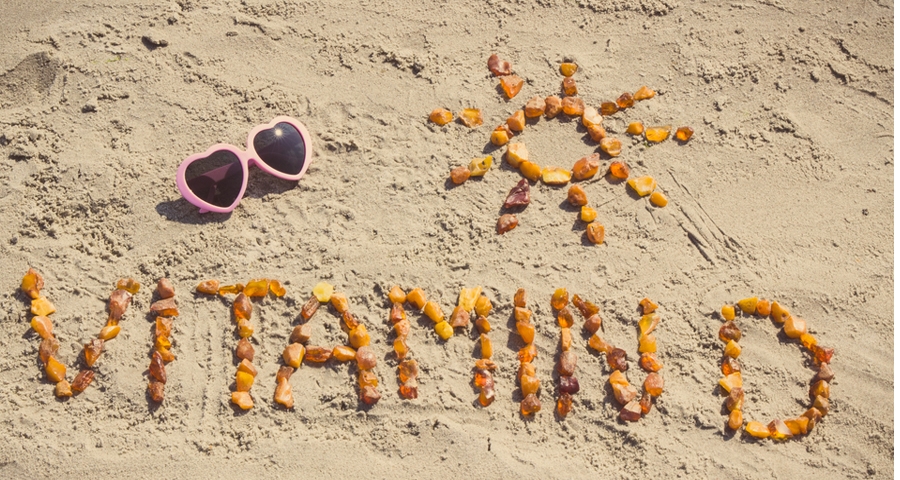
Why Vitamin D3 Is Important - And How To Get It
Vitamin D3 Vitamin D, or the sunshine vitamin, is essential for our all-round well being, aiding in several functions from bone strength to calcium absorption and boosting immunity.
It’s called the sunshine vitamin because our bodies produce it when exposed to the sun. Unfortunately, these days many of us are Vitamin D deficient because of our sedentary and largely “indoor” lifestyle – and this can lead to a slew of health complications. Here’s all you need to know about Vitamin D3 and vegan sources of it.
What Is Vitamin D?
Vitamin D is, in fact, not a vitamin. A vitamin is a substance that is essential to human health but one that cannot be produced by the body. While Vitamin D is very much essential to human health, it can, in fact, be produced by the body when it is exposed to the UVB rays of the sun – therefore, it is not truly a Vitamin, but rather, is a hormone.
Vitamin D is the only vitamin-like hormone that humans produce by themselves – we get all other vitamins from the food we eat.
The Difference Between Vitamin D2 & Vitamin D3
There are two forms of Vitamin D: ergocalciferol and cholecalciferol.
- Ergocalciferol (Vitamin D2): This form is not produced by the human body and is found in a few foods like fatty fish. While there are vegan Vitamin D2 supplements made from sources like yeast and mushrooms, most forms are synthetic and research has shown that it is significantly less effective in raising human Vitamin D levels as compared to Vitamin D3. This is because the potency of Vitamin D2 is less than one-third of the potency of Vitamin D3 – which is why you need to make sure you get enough D3!
- Cholecalciferol (Vitamin D3): This is the vitamin our bodies produce when the skin is exposed to sunlight. There aren’t many food sources of Vitamin D3, which is why sunlight is your best bet! The recommended exposure is 15-20 minutes a day in direct sunlight, 3 to 5 times a week. Avoid sunscreen as this hampers absorption.
Why Is Vitamin D3 Important?
Back in the day, it was believed that Vitamin D only had a role to play in bone health, and that people with rickets needed D3 supplementation. Science has evolved and now it’s clear that many diseases are associated with low D3 levels, not just rickets and bone issues.
The Structure Of Vitamin D
Vitamin D is a secosteroid, in which the B ring of the steroid structure is ruptured. The active form of vitamin D, 1α, 25-dihydroxyvitamin D3 [1,25 (OH) 2D3], regulates numerous physiological and pharmacological processes, including:
- Bone and calcium homeostasis
- Cellular growth and differentiation
- Immunity and cardiovascular function
All this happens through binding to the vitamin D receptor (VDR), a member of the nuclear receptor superfamily. VDR ligands are promising in the treatment of bone and mineral disorders, cancer, autoimmune disease, and cardiovascular disease.
Do I Need A Supplement?
A majority of Indians are Vitamin D deficient. This is primarily due to the fact that we live our lives in boxes – home, car, office – and thus have no exposure to direct sunlight.
Further, since Indians tend to have darker skin tones, our ability to absorb the rays and produce D3 is lower. So yes, Vitamin D3 supplementation is very important if you want to improve your health and fitness levels.
Being deficient can propel the onslaught of disease, like various cancers (prostate, breast, skin, and others), heart disease, osteoporosis, MS, diabetes, rickets, chronic fatigue, kidney issues, chronic pain, TB, cognitive decline, psoriasis, bone fractures, depression, and many more – the list is long.
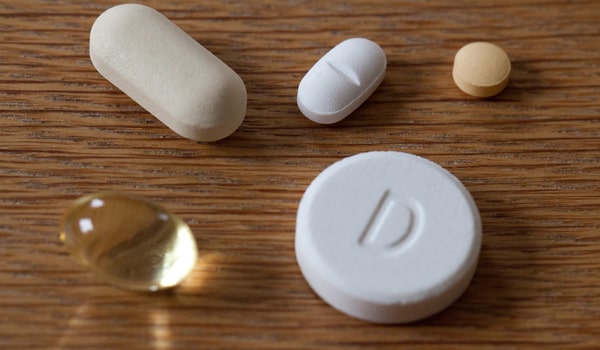
There are a few options when it comes to Vitamin D3 supplementation.
- Synthetic Vitamin D3
- Vitamin D3 derived from Lichens: For a greater bio-availability, greater absorption, and a sustainable source, Lichens is the preferred option.
- Vegan Vitamin D3: Unived offers a Vegan Vitamin D3, D-veg, which gives you 2500 IU of plant-based Vitamin D3 with every serving Vitamin D is ‘fat-soluble’ and hence it is recommended you consume your supplement post a meal.
Look for formulations where the Vitamin D3 (cholecalciferol) is offered in a fat, as this helps with the bio-availability.
How Much And How Often?
There is an ongoing debate in the scientific community on what the Vitamin D3 dosage should be, whether it should be consumed daily or weekly, and what the toxicity levels are.
Many doctors suggest consuming a 60,000 IU-strength sachet once every two weeks as this is convenient. But that’s just what it is – convenient. It’s not doing your health any favours.
We take Vitamin D3 supplementation only because we don’t spend enough time under direct sunlight to where we can produce it ourselves. Supplementing once in two weeks is akin to spending 14 days in a cave and then spending the 15th day under direct sunlight for 15 hours until you are burnt!
Supplementing with high doses once in a while creates spikes and drops in our Vitamin D levels, which is unhealthy and best avoided – a little a day goes a long way!
A few years ago most daily supplements offered 1000IU (International Unit) per serving, but as research has progressed the daily dosage has now increased to between 2500 IU to 5000 IU a day.
Children can be given 400-500 IU a day, and studies have shown that doses up to 10,000 IU a day are safe, but this is not recommended for all.
2500 IU a day should be fine, but intake must be on a daily and regular basis. It is also a good idea to get tested, check levels, see how the supplements are working and calibrate accordingly.
With inputs from Amit Mehta, athlete and Founder of Unived.
Like this?
Read: Healthy Bones - The Non Dairy Way
Read more: 7 Incredible Omega 3 Rich Vegan Foods?
AUTHOR

trending
Be a Vegan First Informer
Send us buzzworthy news and updates
Explore
Contact Us
About Us
Stay Connected
Copyright ⓒ 2017-2023. VEGAN PASSION PRIVATE LIMITED. All Rights reserved.
For more information, please write to hello@veganfirst.com
Registered Office Address: 55, 2nd floor, lane 2, Westend Marg, Saidullajab, Near Saket Metro Station, New Delhi, Gadaipur, New Delhi South West Delhi, DL

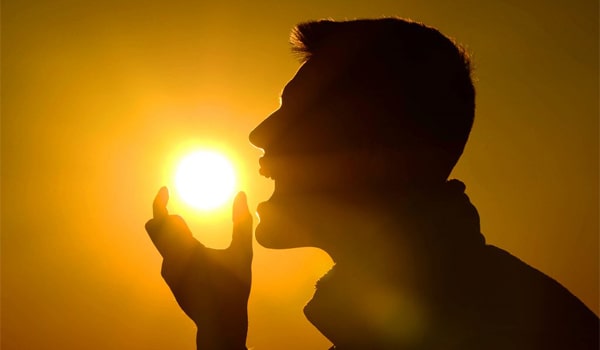
2.png)

.png)
.png)
2.png)
2.png)
2.png)


1.png)


